Category
Blog
Date
November 23, 2023
Author
Marco

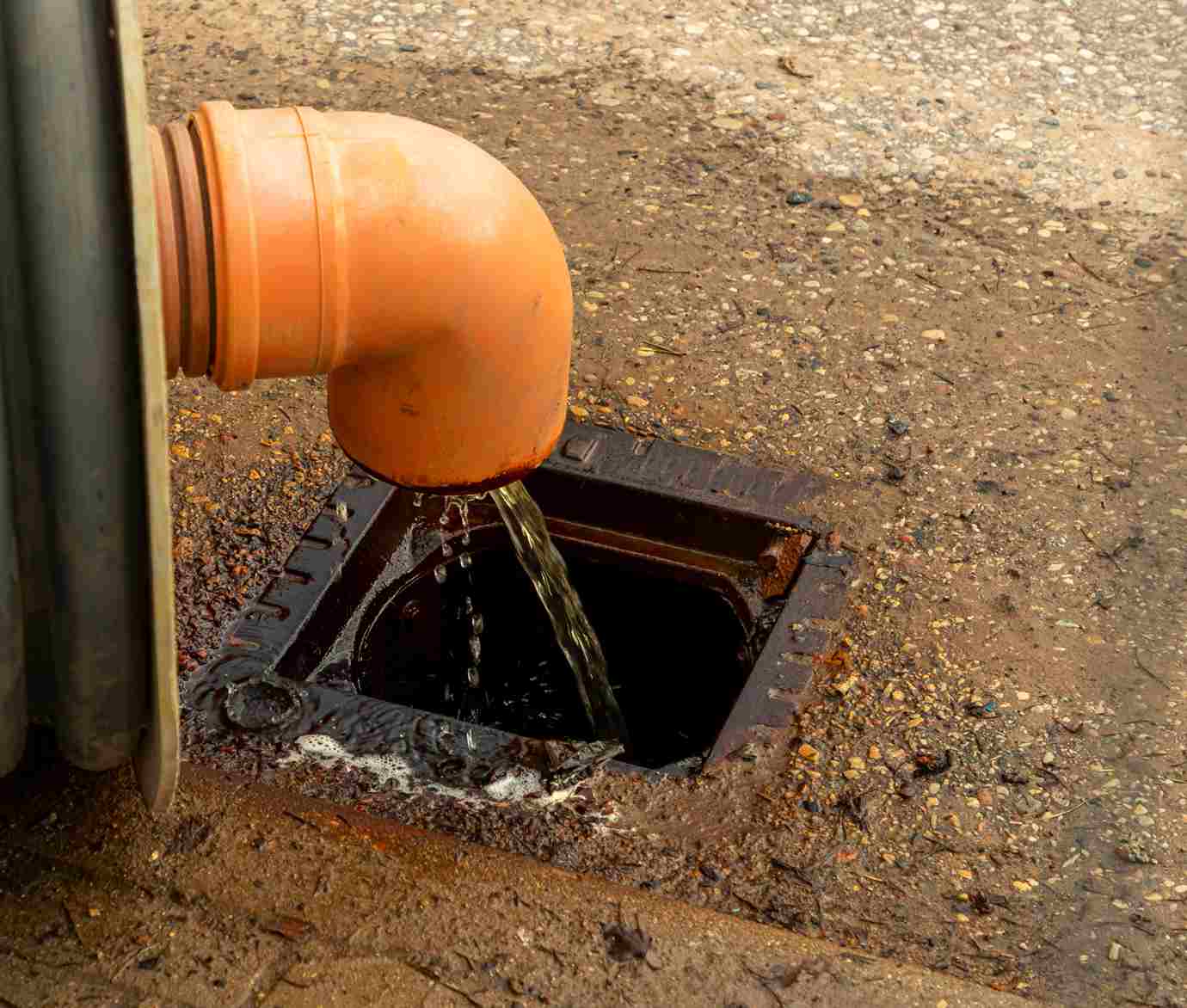
A septic tank is an underwater sedimentation tank made of concrete, glass, or plastic, used for treating wastewater through biological decomposition and drainage, thus involving natural processes and proven technologies side by side. It helps treat wastewater from household plumbing systems, including bathrooms, kitchens, and laundry.
Although septic tanks smell foul, they are designed to constrain the smells, and if you are feeling an unpleasant smell outside the tank or from the kitchen and bathrooms, there can be a problem that requires treatment.
Septic tank smell can be the result of different causes, including:
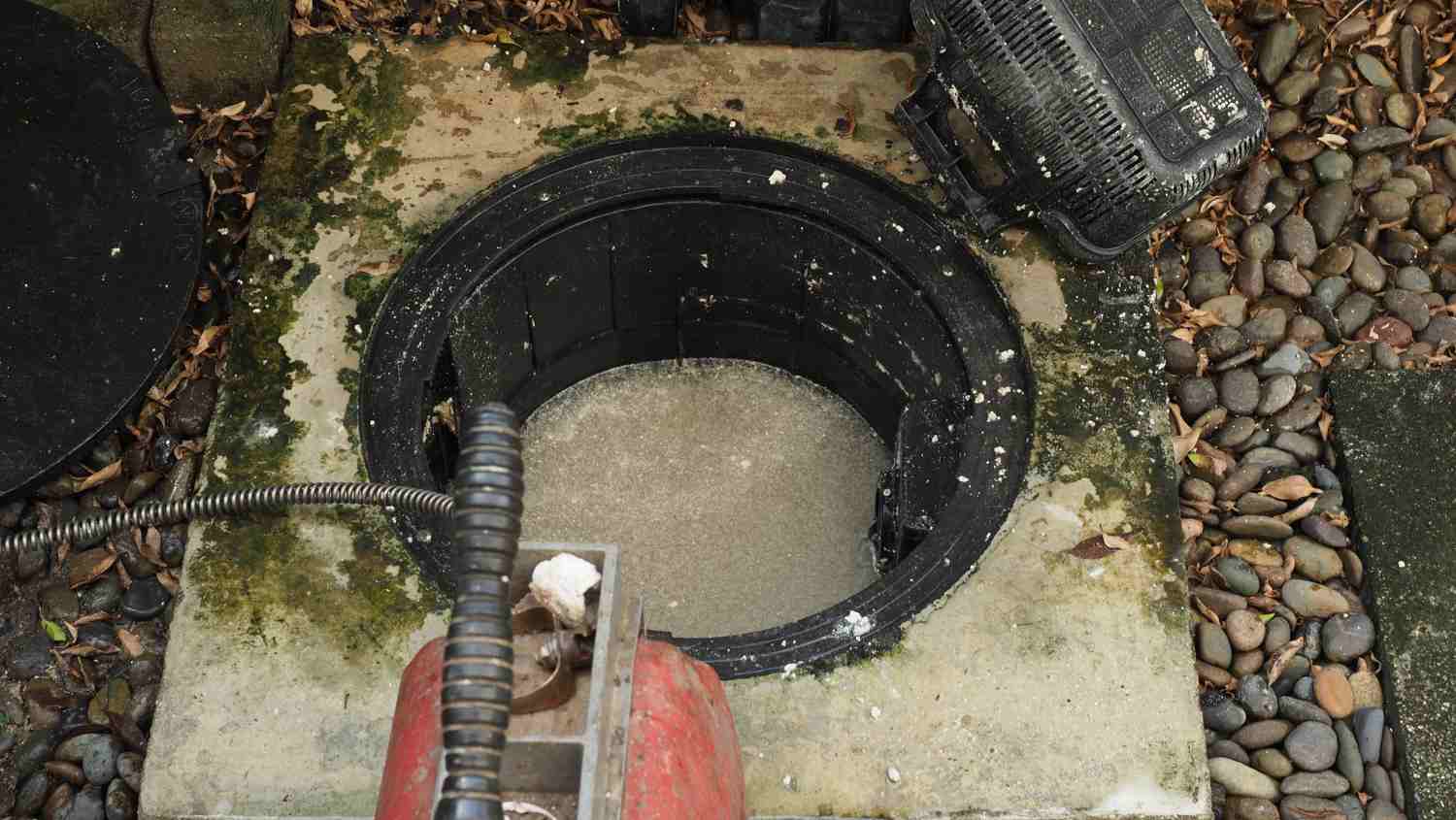
Signs and Symptoms of Problems
You might notice some unusual signs that indicate potential issues with the septic tank system, such as a gargling sound coming from the sink, slower functioning of the washing machine, sluggish toilet, etc.
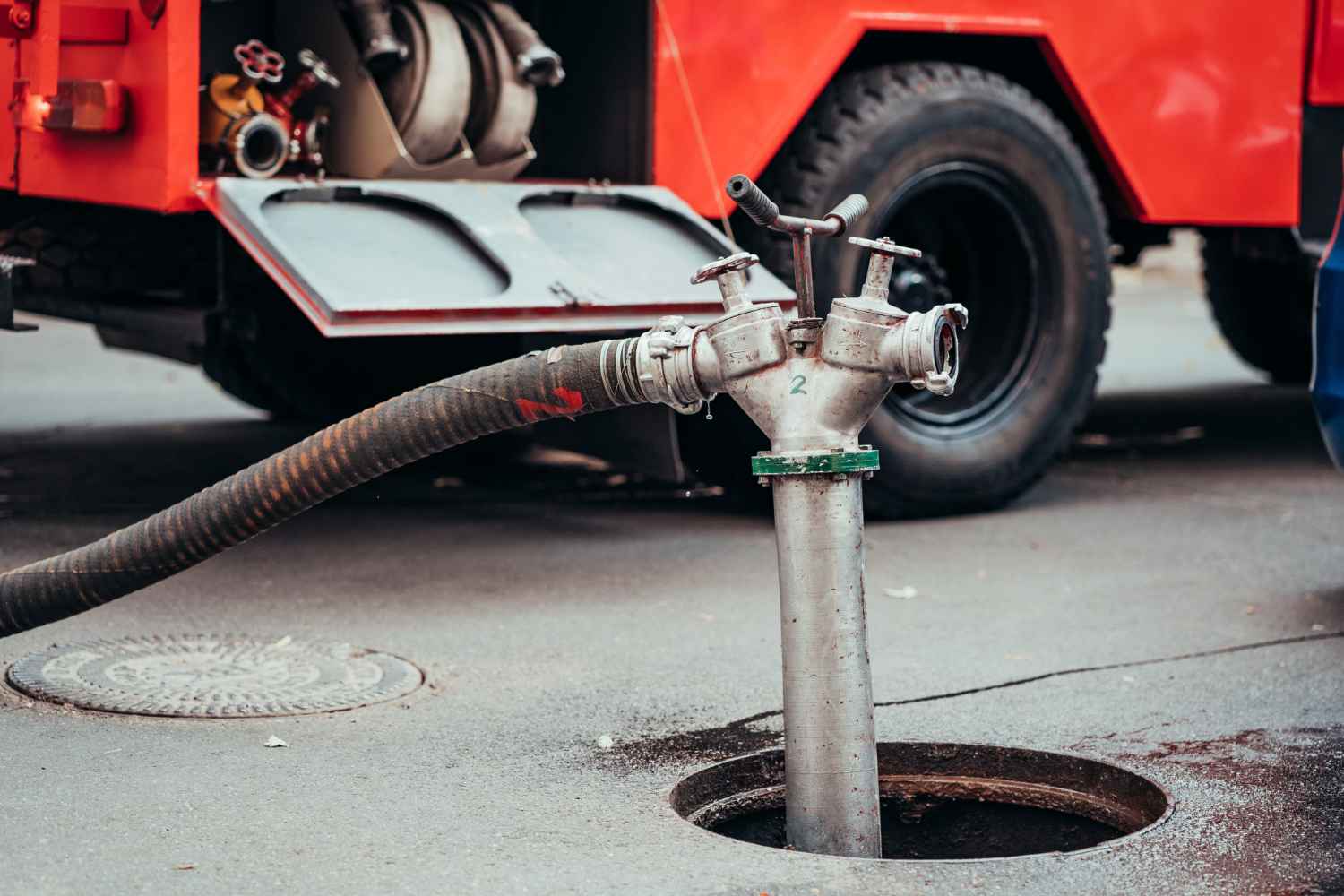
Regular monitoring and maintenance of the septic tank will reduce the heavier costs associated with pump-outs and enhance its longevity.

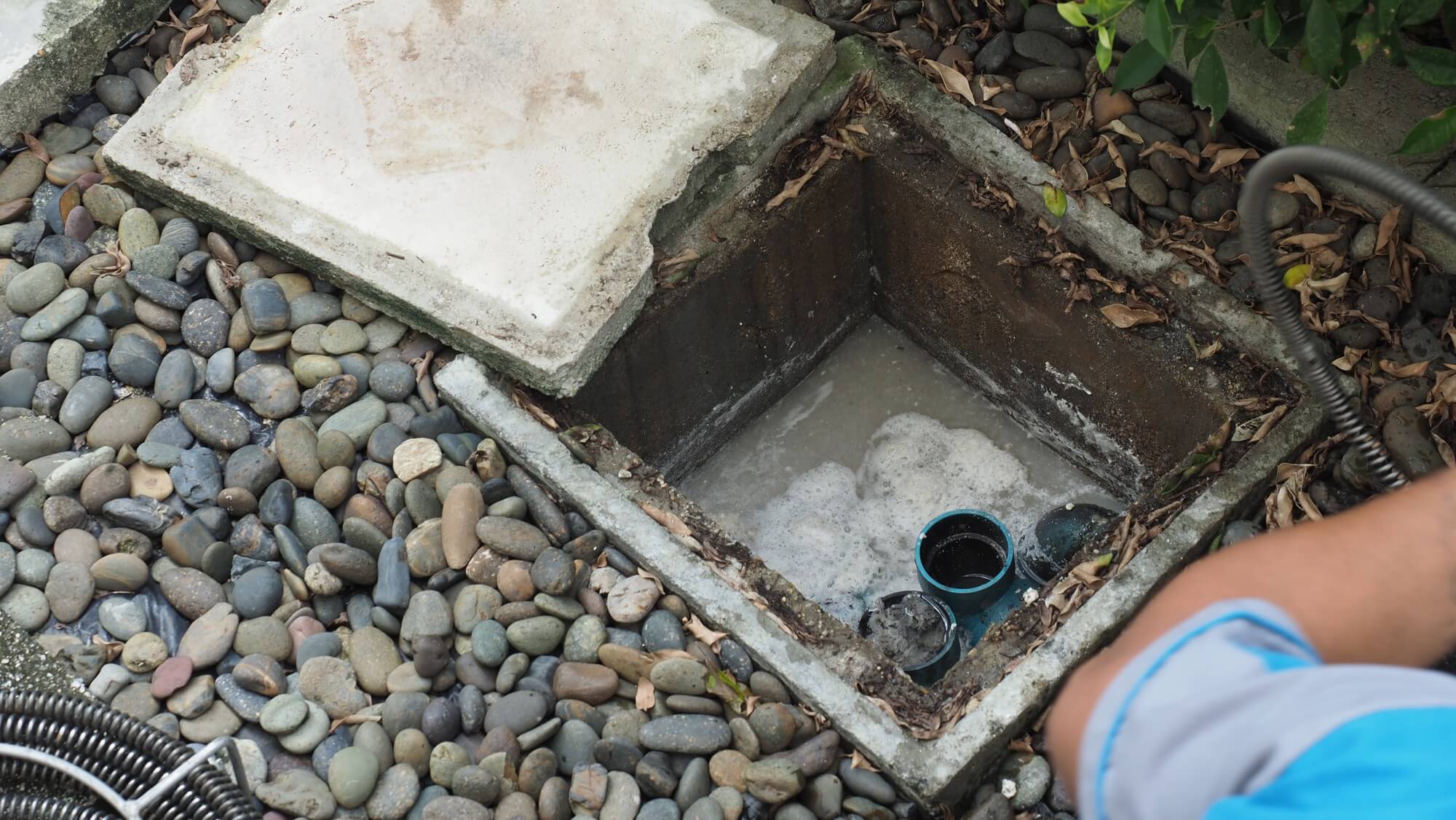
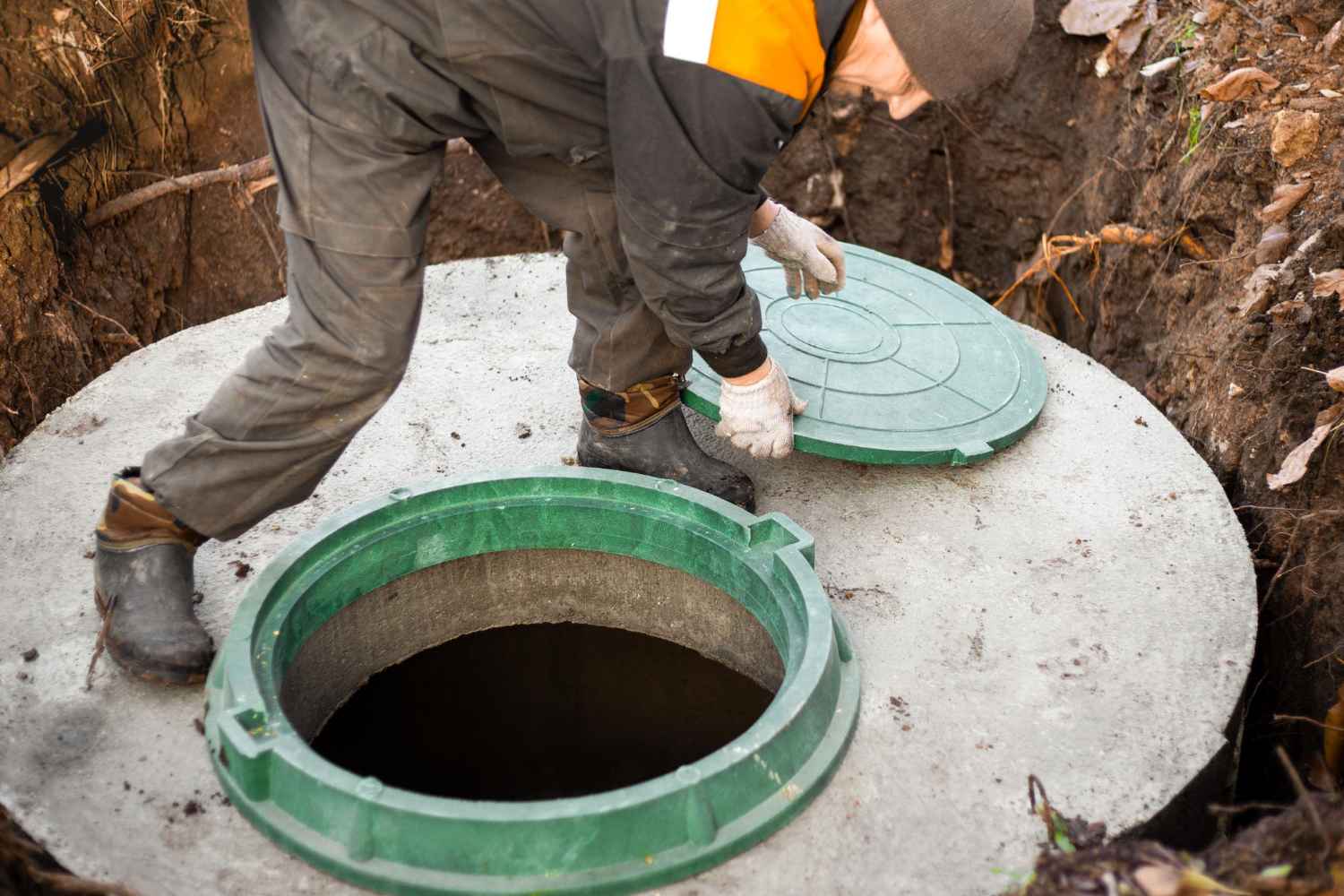
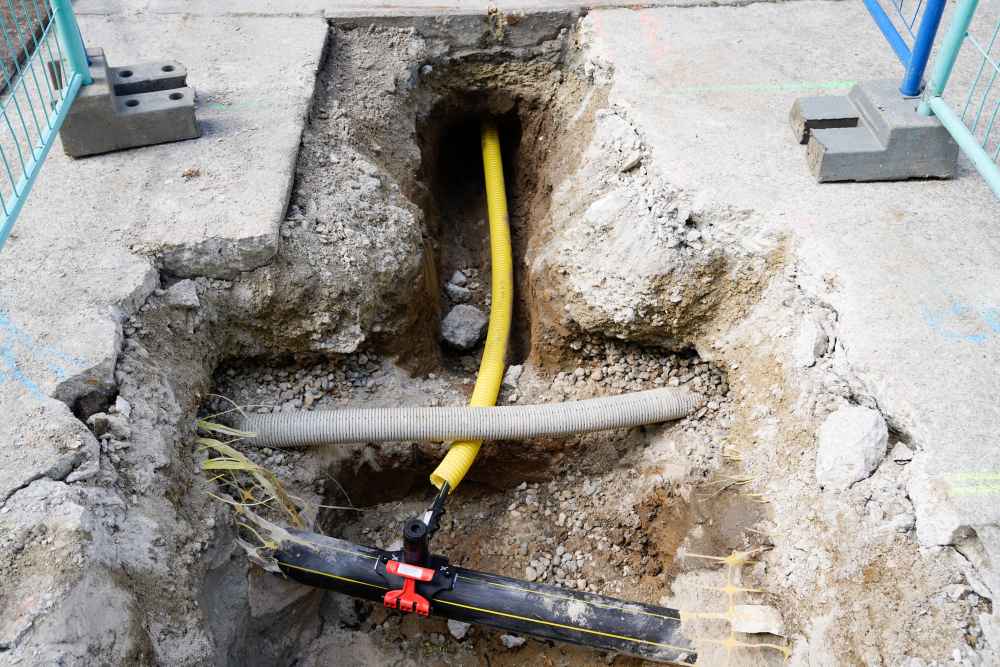
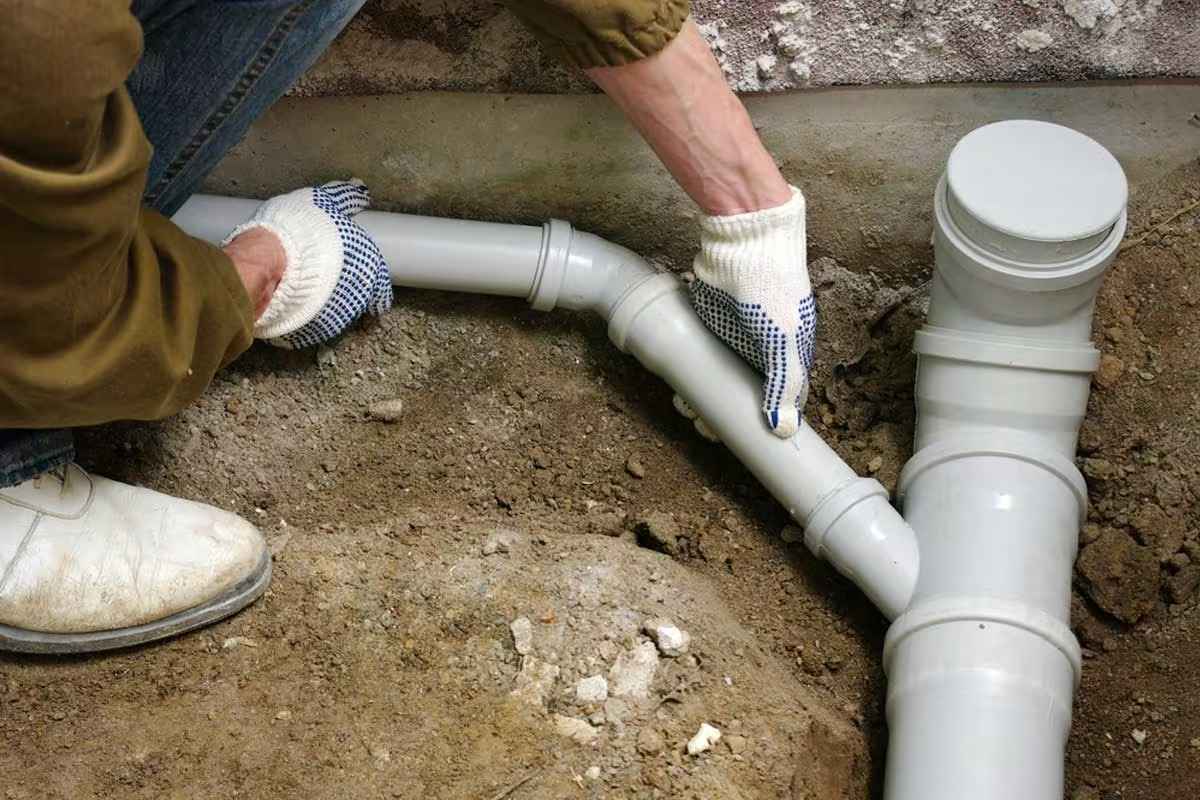
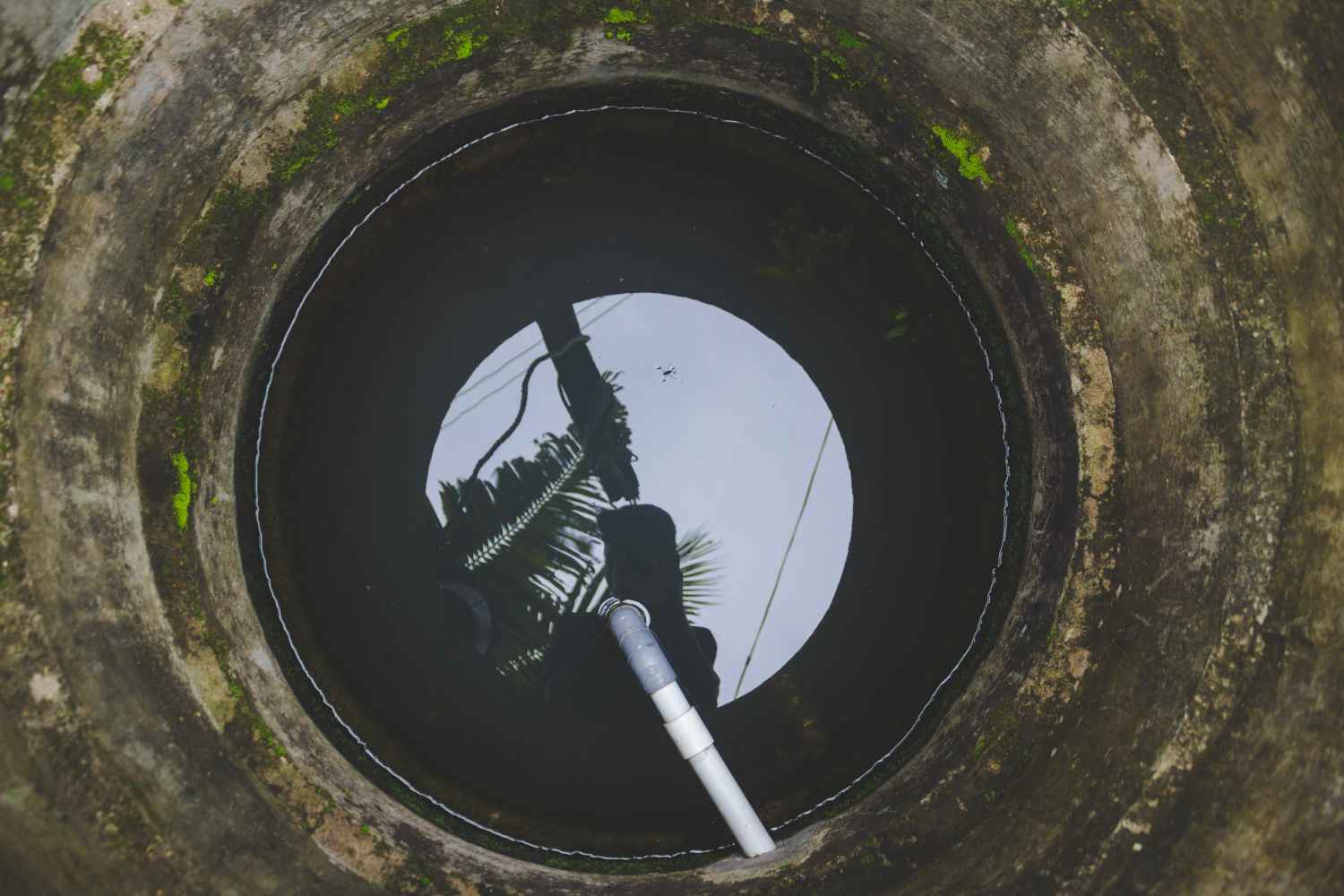
Areas we cover
Basingstoke | Southampton | Guildford | Bournemouth | Poole | Portsmouth | Crawley | Dorchester | Peterborough | Newbury | Christchurch | Gillingham | Swindon | Winchester | Reading | Oxford | Slough | Abbotswood | Sterte | Ascot | Stoughton | Broadstone.